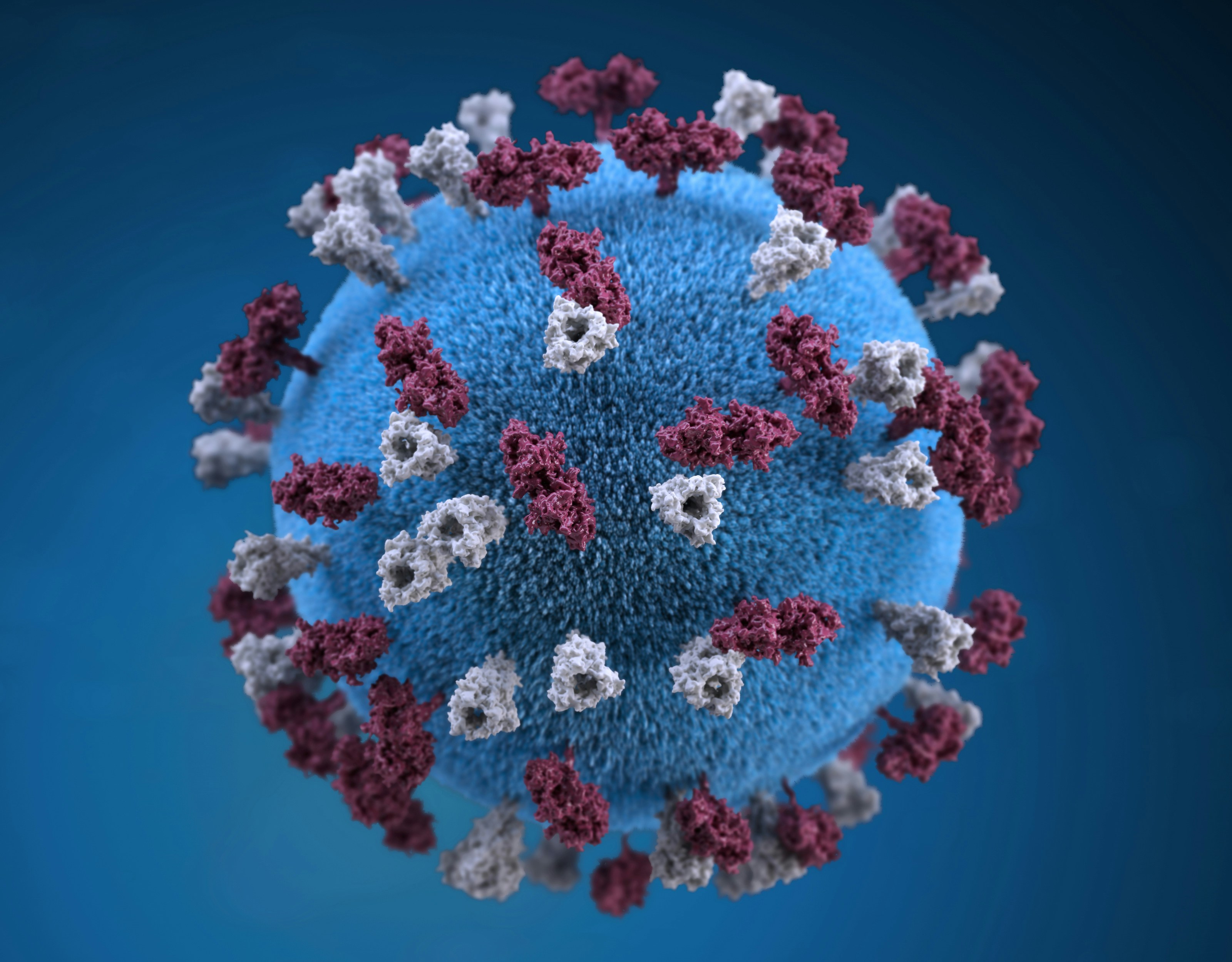HHS Mandates Placebo Testing for All New Vaccines
The Department of Health and Human Services requires placebo-controlled trials for all new vaccines, altering previous protocols.
Wednesday, April 30, 2025
The U.S. Department of Health and Human Services (HHS) has issued a sweeping mandate requiring placebo-controlled trials for all new vaccines seeking regulatory approval, reversing decades of precedent that allowed alternative testing methods. The policy, effective immediately, prioritizes “uncompromised efficacy and safety data” but has drawn fierce criticism from public health experts, pharmaceutical companies, and bioethicists who argue it will delay critical vaccines, increase costs, and expose trial participants to unnecessary risks.
Policy Details and Rationale
Key Requirements:
Placebo arms: All Phase III trials must include a placebo control group, even when effective vaccines or treatments already exist (e.g., testing a new COVID-19 booster against a saline placebo instead of the current FDA-authorized vaccine).
Extended timelines: Trials must run for a minimum of 12–24 months to assess long-term immunity and rare adverse events, doubling previous average timelines.
Global harmonization: Foreign trial data will only be accepted if placebo-controlled, disadvantaging international collaborations.
Stated Motivations:
Public Trust: HHS cites declining confidence in vaccines post-COVID-19, with only 44% of Americans viewing vaccines as “very safe” (KFF 2024). The agency claims placebo data will provide “irrefutable proof” of safety.
Political Pressure: Aligns with the Trump administration’s “Gold Standard Science” initiative, which targets perceived shortcuts in FDA emergency use authorizations.
Controversies and Ethical Concerns
Ethical Violations:
Denying participants access to proven vaccines (e.g., in malaria or HIV trials) violates the Declaration of Helsinki, which prohibits placebo use when effective interventions exist.
Advocacy groups warn of exploitation in low-income countries, where participants may unknowingly risk infection for financial compensation.
Impact on Innovation:
Delayed approvals: Pfizer estimates the mandate will add 2–3 years to vaccine development, citing paused RSV and universal flu vaccine trials.
Cost surges: Placebo trials require 30–50% more participants, raising R&D costs by $500 million per vaccine (Biotechnology Innovation Organization).
Health Equity Risks:
Undermines bridging studies that accelerate vaccines for high-risk groups (e.g., cancer patients, pregnant people).
Disproportionately affects minority communities, which historically enroll in trials at lower rates due to distrust.
Stakeholder Reactions
Pharmaceutical Industry:
Moderna CEO Stéphane Bancel called the policy “a death knell for innovation,” while Merck withdrew funding for an Ebola vaccine trial in Uganda.Public Health Experts:
Dr. Paul Offit (CHOP) stated, “This isn’t science—it’s political theater. Placebos aren’t ethical when we have life-saving tools.”Administration Supporters:
HHS Secretary Dr. Joseph Ladapo defended the move: “Americans deserve absolute certainty, not rushed products.”
Case Study: Impact on COVID-19 Boosters
Pfizer’s Omicron-specific booster trial, initially comparing the new vaccine to its predecessor, must now restart with placebo controls. This delays availability by 18 months, despite CDC reports of waning immunity in seniors.
Trial participants in the placebo group will forego protection during a predicted winter surge.
Legal and Global Implications
Lawsuits: The ACLU and WHO are preparing challenges under 45 CFR §46 (ethical research standards).
Global Fallout: The EU and Africa CDC may reject U.S. trial data, fracturing international vaccine partnerships.
Alternatives Sidelined
The mandate discards widely accepted methods like:
Active comparator trials: Testing new vaccines against existing ones.
Immunobridging: Using immune response data (antibody levels) as a proxy for efficacy.
Real-world evidence: Post-market surveillance of large populations.
What’s Next?
Industry Exodus: Biotech firms are relocating trials to Europe and Asia, where regulators allow adaptive designs.
Congressional Response: Democrats introduced the Vaccine Acceleration Act to override the mandate, but passage is unlikely before 2026.
Public Health Risks: Delays in next-gen vaccines for Lyme disease, chikungunya, and antibiotic-resistant infections are projected to cost 72,000 lives annually (CDC models).
Conclusion
The HHS mandate, framed as a safeguard for scientific rigor, threatens to derail decades of progress in vaccine development. While placebo controls have historical value, their blanket application ignores ethical imperatives and modern epidemiological needs. As the policy exacerbates distrust and inequities, the true cost will be measured not in dollars, but in preventable suffering and lives lost.




